By Emmanuel Ayele
The Solar Eclipse will be coming to the Vol State campus and the Nashville area on Monday, April 8 from 12:44 a.m. to 3:20 p.m. during campus hours.
In addition, on Friday, April 5, Vol State will be giving out eclipse glasses for all the visitors and students who plan to view the eclipse on Monday.
“The 2017 solar eclipse was a bit more dramatic than this year’s coming eclipse. For this year’s eclipse, we will reach 95% or 96% coverage, so it’s probably going to be worth catching. In 2017, that’s where we had absolute totality, where the sun was completely blocked out for a couple of minutes. It seemed like night for a couple of minutes which was a once-in-a-lifetime thing,” said Dr. Bill Dye, Associate Dean, of the Math and Science Division, Professor of Biology.
There will not be any events at Vol State during the eclipse; however, students can have a chance to watch the eclipse during those campus hours.
“For this year’s eclipse, I’m going to view it myself and I don’t teach any classes on Mondays, so I will invite any classes to come outside of the campus and watch the eclipse. However, the Math and Science division is hosting an expo on Friday, April 5th, where we will be passing out eclipse glasses to all our students and visitors, and any remaining glasses, we have will be given out to other students for those who would like to view the eclipse,” said Dr. Dye.
“I have been looking forward to the eclipse since the last one in 2017. The total eclipse from 7 years ago went all over the campus. For this year, I have a friend who lives in a continuum in Hot Springs, Arkansas. There will be a total eclipse there in Arkansas and I will be going there,” said Professor Tim Farris, Professor of Physics and Engineering, Math & Science Division.
“So, I’ve seen several particle eclipses where the moon partially covers the sun. Those are neat and fun to see. The only total eclipse I have seen before was back in August of 2017, when the total eclipse passed through the Vol State campus and the cities of Hendersonville and Gallatin, Tennessee. It was an awesome experience for me,” said Professor Farris.
Professor Farris shared that the best way to get a good view of the eclipse is by traveling west of the state of Tennessee to Arkansas.
“The first time I remember seeing the eclipse was back in late summer or August of 2017, where the eclipse would cover the sun and it became dark in the campus, I remember. Once the eclipse was over, it was back to daytime. It was a fun experience for me, and I look forward to this year’s eclipse,” said Professor Pete Melvin, Associate Professor of Mathematics, Math & Science Division.
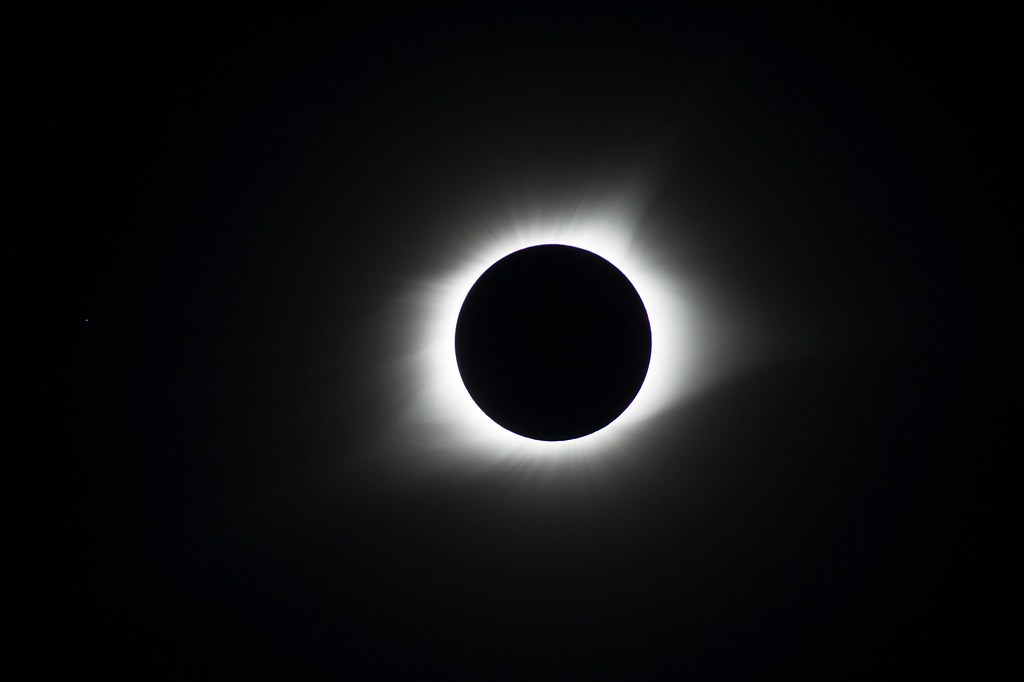
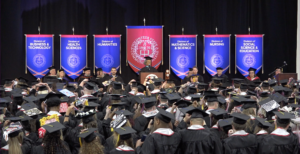

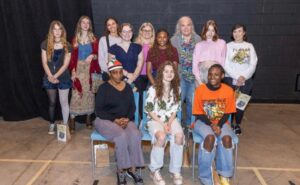
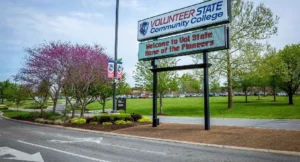
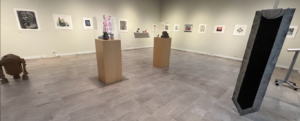
Be First to Comment